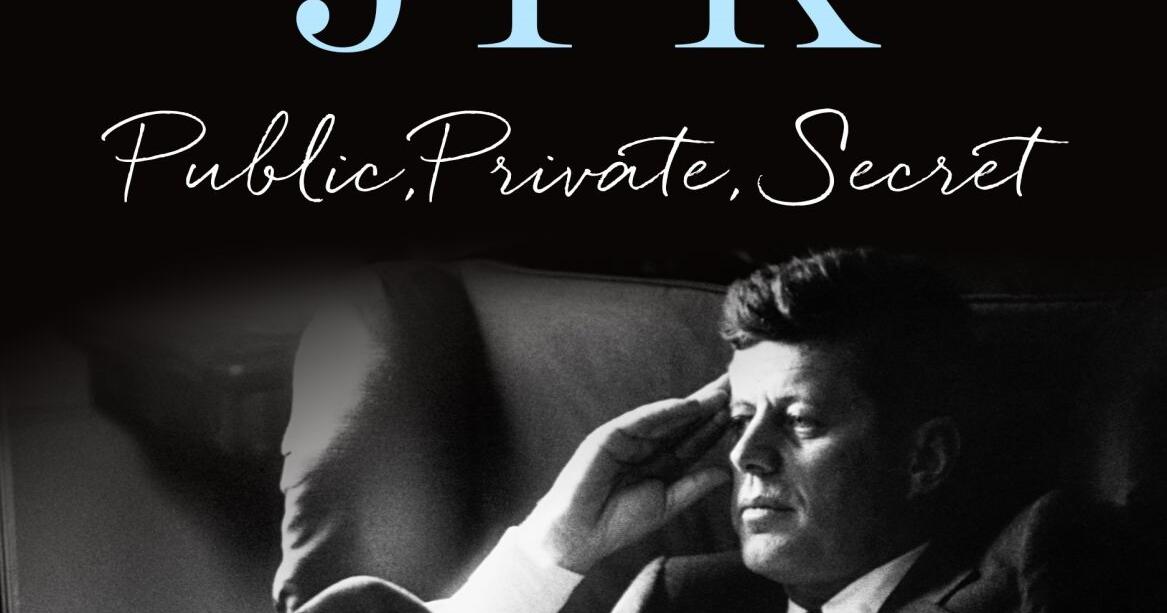“JFK: Public, Private, Secret” by J. Randy Taraborelli; © 2025, St. Martin’s Press’ 592 pages.
History often isn’t kind.
It can be rightfully critical, scrutinized, debated, corrected, and held up as a lesson. What was intentional in a long-ago time might be seen as wrong or disturbing with modern eyes. Is this unkind, revisionary, or a natural reaction? Read “JFK: Public, Private, Secret” by J. Randy Taraborelli and ask yourself: can we view history with empathy and compassion?
Rose Fitzgerald Kennedy never wanted nine children.
She didn’t seem to like children much, in fact, and she certainly didn’t want any more with her philandering husband, Joe. But a century ago, having a large family was expected of a Catholic woman, especially one in the public eye — and so, Rose was “always pregnant and always sick.”
Her second son, John (also called Jack), was aware of his mother’s feelings when he was small and he accepted it, understanding early that she wasn’t going to change. His dad, according to Taraborelli, was the better parent anyhow, although Joe sometimes seemed to dismiss Jack to favor his elder son, Joseph, Jr.
That was something that haunted Jack his entire life. In later years, living in his brother’s shadow made him question himself, and he often thought he’d failed as a man.
And yet, that didn’t stop him from his dreams. Despite that he was often in constant pain due to myriad health issues, his father managed to arrange for Jack to enter the Navy, with the hopes that it would lead to a political career. Jack wanted to be a Senator, and more. Joe urged him to marry soon, because a President needed a wife.
Specifically, Joe pushed for someone well-bred and quietly cosmopolitan, so when Jack began dating a “Danish Beauty” who’d been photographed with Hitler as part of her job, Joe tried to put his foot down.
But Jack loved Inga. He didn’t love Jacqueline, and he wasn’t sure he ever would …
So. In the past 70 years, can there possibly be anything new to learn about John Kennedy?
Surprisingly, pleasantly, yes.
In “JFK: Public, Private, Secret,” author J. Randy Taraborelli tells a story that’s familiar but with raindrops and bombshells in between what you already know. Taraborelli makes JFK more human, less politician and you get a front-row seat; information comes from a variety of sources including letters and interviews so you can rest assured that, even though this has the feel of a novel, it’s not fictional.
What it is, though, is sad — not just for Kennedy’s mental pain over his parents, his brother, his sisters, and expectations he had to live up to — but for his wife, for multiple reasons. This book takes you to 1963 with glimpses of how it resonates today and reading it’s almost frustrating because you know how history played out. Despite that it happened many decades ago, you won’t be able to be unaffected by it.
Readers of politics and fans of biographies will devour “JFK: Public, Private, Secret,” and for good reason: it’s a great story. It’s your kind of book.

